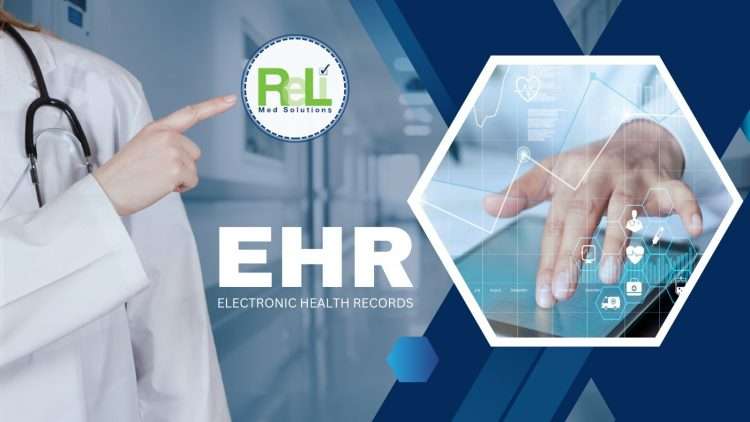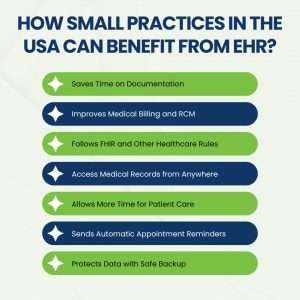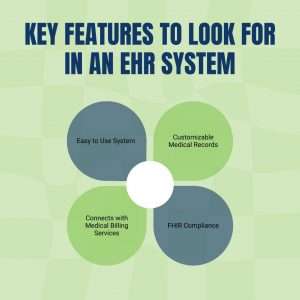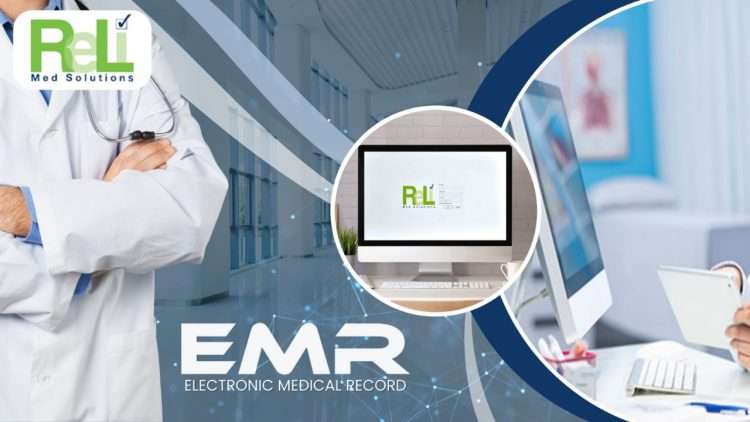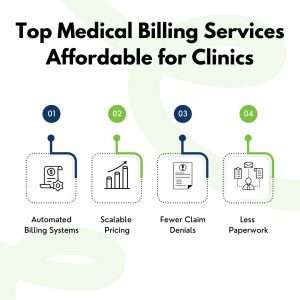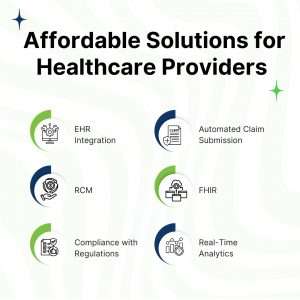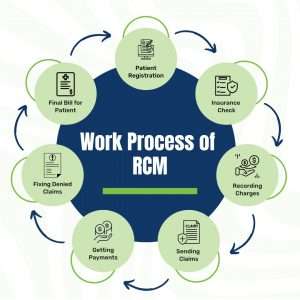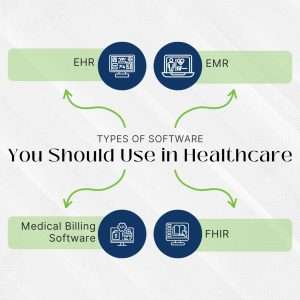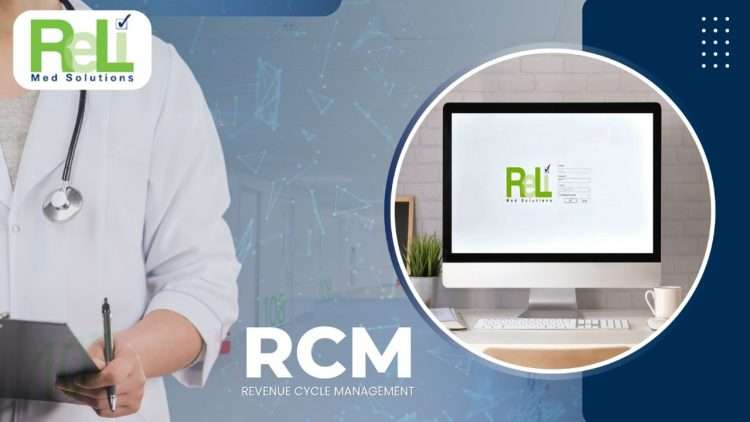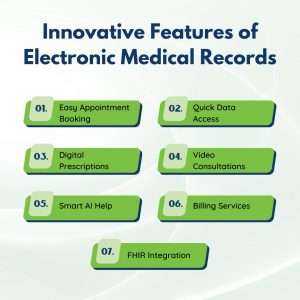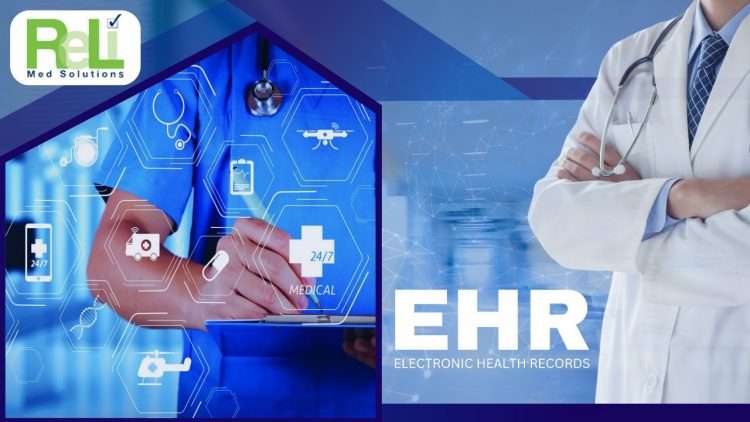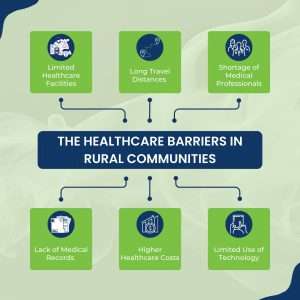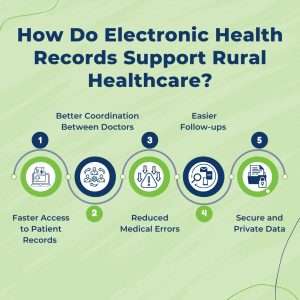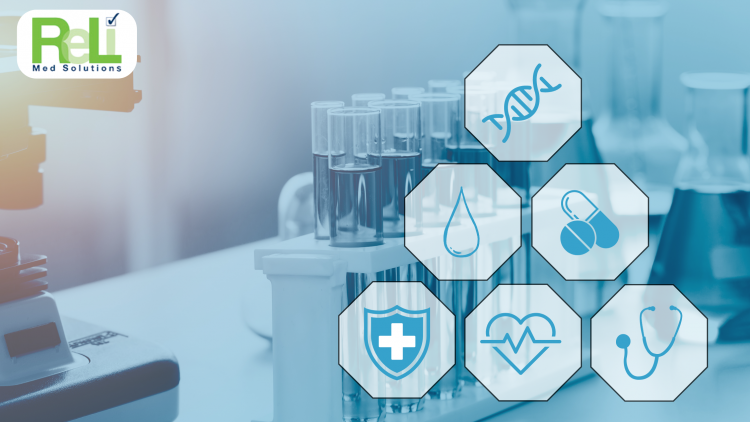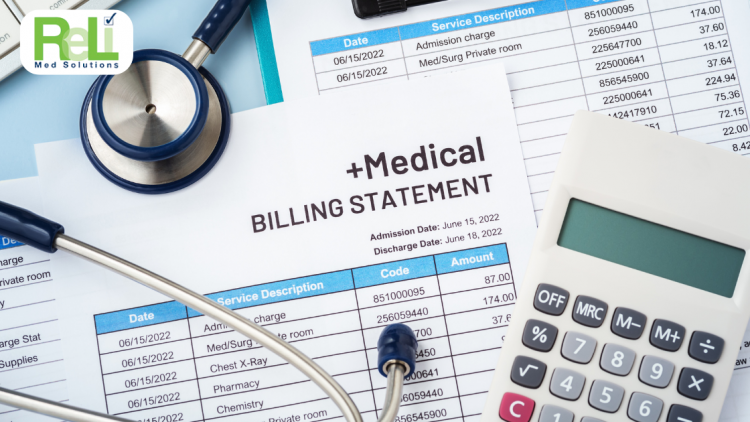How Our Cloud-Based Electronic Health Records Enhances Mobility and Efficiency for Physicians in the USA?
Doctors in the USA have a busy schedule. They see many patients every day and must keep all Electronic Health Records updated. But when records are on paper or in an old computer system, it slows everything down. If a doctor cannot quickly find patient information, it may cause delays in treatment. A cloud-based system makes everything simple. Because of that, doctors can see patient records on their phone, tablet, or laptop. So, they do not have to be in the clinic to access important data. At ReLi Med Solutions, we help doctors by providing an Electronic Health Records system that is fast, secure, and easy to use.
The Need for Mobility and Efficiency in Healthcare Workflows
Doctors need to work fast and efficiently. If they do not have quick access to patient records, they may take longer to diagnose and treat patients. So, having a cloud-based Electronic Health Records system is very important. Here’s why:
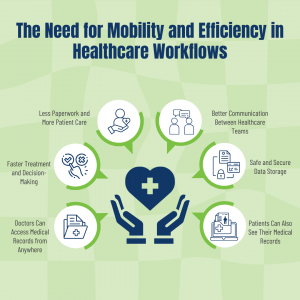
- Doctors Can Access Medical Records from Anywhere – They do not have to carry papers or be in their office. If they need to check a record while traveling or from home, they can.
- Faster Treatment and Decision-Making – Medical billing and paperwork take time. But if doctors can find patient history fast, they can make quick treatment decisions.
- Less Paperwork and More Patient Care – Writing everything on paper takes hours. Because of that, a cloud system updates records automatically, saving time.
- Better Communication Between Healthcare Teams – Many doctors work together to treat a patient. If they use a cloud-based Electronic Health Records system, they can share information in real time.
- Safe and Secure Data Storage – Patient records must be kept private. Because of that, a custom EMR ensures data is protected from unauthorized access.
- Patients Can Also See Their Medical Records – Patients want to understand their health. So, a cloud-based system lets them access their reports easily.
How Our Cloud-Based Electronic Health Records Enhance it?
At ReLi Med Solutions, we created a custom EMR that helps doctors work faster and with fewer mistakes. If a doctor needs an easy-to-use system, our Electronic Health Records solution is perfect. Here’s how it helps:
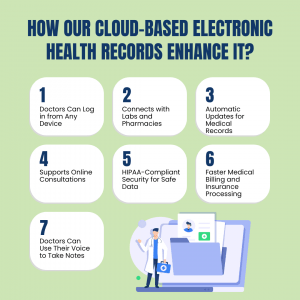
1- Doctors Can Log in from Any Device
A phone, tablet, or laptop can be used to check patient records. Because of that, doctors are not tied to a single computer.
2- Connects with Labs and Pharmacies
Our system works with labs and pharmacies. So, test results and prescriptions are updated instantly.
3- Automatic Updates for Medical Records
Records change in real time. If a doctor or nurse adds new details, it updates immediately.
4- Supports Online Consultations
Doctors can treat patients remotely. Because of that, people in distant locations can get medical advice.
5- HIPAA-Compliant Security for Safe Data
Patient information is encrypted and protected. So, it stays secure from cyber threats.
6- Faster Medical Billing and Insurance Processing
The system processes medical billing quickly, reducing payment delays.
7- Doctors Can Use Their Voice to Take Notes
Instead of typing, doctors can speak, and the system converts it into text. If they need to update records fast, this saves time.
Key Features That Benefit Physicians in the USA
A custom EMR must make work easy for doctors. If it is slow or difficult, it can cause more problems. Because of that, we designed our system with helpful features:
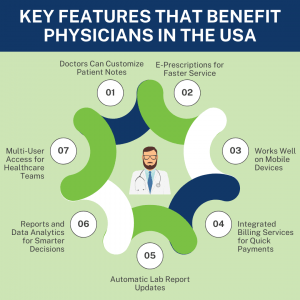
- Doctors Can Customize Patient Notes – Each specialty is different. So, doctors can use their own templates to save time.
- E-Prescriptions for Faster Service – Medicines can be prescribed online. Medical billing and pharmacy records are updated at the same time.
- Works Well on Mobile Devices – The system is phone-friendly. Because of that, doctors can check records even outside their clinic.
- Integrated Billing Services for Quick Payments – RCM helps doctors track claims and get payments without issues. If there is a delay, they get a notification.
- Automatic Lab Report Updates – Test results are updated in the system. So, doctors do not need to call labs for reports.
- Reports and Data Analytics for Smarter Decisions – The system provides insights into medical records trends to improve treatments.
- Multi-User Access for Healthcare Teams – Nurses, specialists, and assistants can check the same patient file. Because of that, healthcare becomes more organized.
FAQs
1- Can I check patient records without the internet?
Yes! So, doctors can update records offline, and the system syncs when they are online.
2- Can I use voice commands to enter patient notes?
Yes, the system has voice-to-text features. Because of that, doctors can record notes easily.
3- How does this system help with patient follow-ups?
It sends automatic reminders to patients. If they forget an appointment, they get an alert.
4- Can my old medical records be transferred into this system?
Yes, we offer free data migration. Because of that, switching to our system is easy.
5- Do you provide training to use the system?
Yes, we offer 24/7 training and support. So, doctors and their staff can learn at any time.
Conclusion
The medical industry is changing fast. So, doctors must use smart technology to improve patient care. But traditional methods make their job harder and take too much time. Because of that, cloud-based Electronic Health Records are now necessary in the USA. At ReLi Med Solutions, we provide a custom EMR that is fast, secure, and easy to use. It helps doctors access medical records, manage medical billing, and improve patient care. If you want to upgrade to a smarter system, our Electronic Health Records solution is the best choice. So, start using our cloud-based EHR today for better and faster healthcare services!


